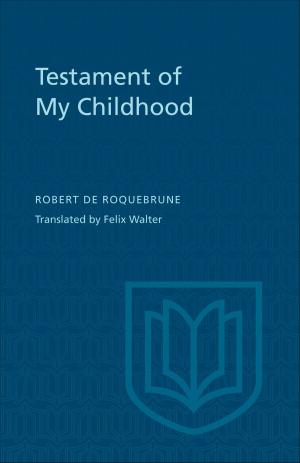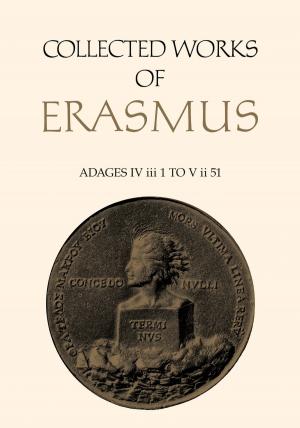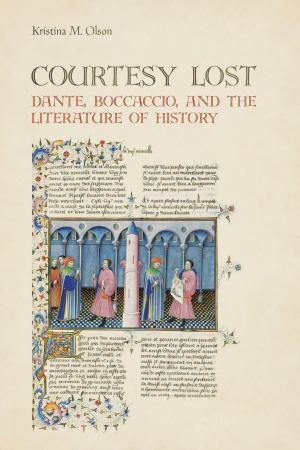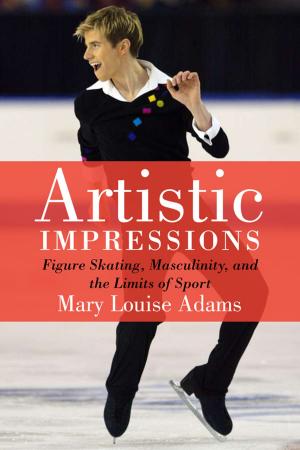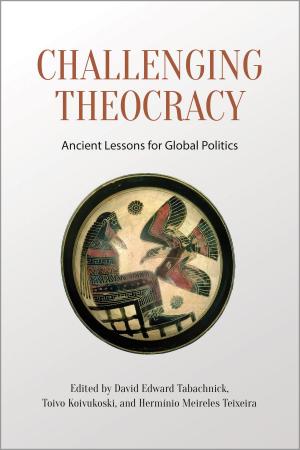Integrating Aboriginal Perspectives Into the School Curriculum
Purposes, Possibilities, and Challenges
Nonfiction, Social & Cultural Studies, Social Science, Cultural Studies, Native American Studies, Reference & Language, Education & Teaching| Author: | Yatta Kanu | ISBN: | 9781442694026 |
| Publisher: | University of Toronto Press, Scholarly Publishing Division | Publication: | February 19, 2011 |
| Imprint: | Language: | English |
| Author: | Yatta Kanu |
| ISBN: | 9781442694026 |
| Publisher: | University of Toronto Press, Scholarly Publishing Division |
| Publication: | February 19, 2011 |
| Imprint: | |
| Language: | English |
From improved critical thinking to increased self-esteem and school retention, teachers and students have noted many benefits to bringing Aboriginal viewpoints into public school classrooms. In Integrating Aboriginal Perspectives Into the School Curriculum, Yatta Kanu provides the first comprehensive study of how these frameworks can be effectively implemented to maximize Indigenous students' engagement, learning, and academic achievement.
Based on six years of empirical research, Kanu offers insights from youths, instructors, and school administrators, highlighting specific elements that make a difference in achieving positive educational outcomes. Drawing on a wide range of disciplines, from cognitive psychology to civics, her findings are widely applicable across both pedagogical subjects and diverse cultural groups.
Kanu combines theoretical analysis and practical recommendations to emphasize the need for fresh thinking and creative experimentation in developing curricula and policy. Amidst global calls to increase school success for Indigenous students, this work is a timely and valuable addition to the literature on Aboriginal education.
From improved critical thinking to increased self-esteem and school retention, teachers and students have noted many benefits to bringing Aboriginal viewpoints into public school classrooms. In Integrating Aboriginal Perspectives Into the School Curriculum, Yatta Kanu provides the first comprehensive study of how these frameworks can be effectively implemented to maximize Indigenous students' engagement, learning, and academic achievement.
Based on six years of empirical research, Kanu offers insights from youths, instructors, and school administrators, highlighting specific elements that make a difference in achieving positive educational outcomes. Drawing on a wide range of disciplines, from cognitive psychology to civics, her findings are widely applicable across both pedagogical subjects and diverse cultural groups.
Kanu combines theoretical analysis and practical recommendations to emphasize the need for fresh thinking and creative experimentation in developing curricula and policy. Amidst global calls to increase school success for Indigenous students, this work is a timely and valuable addition to the literature on Aboriginal education.

